Perhaps the most obvious function of dress is to provide warmth and protection.
Many scholars believe, however, that the first crude garments and ornaments worn by humans were designed not for utilitarian but for religious or ritual purposes. Other basic functions of dress include identifying the wearer and making the wearer appear more attractive.
Although it is clear why such uses of dress developed and remain significant, it can often be difficult to determine how they are achieved. Some garments thought of as beautiful offer no protection whatsoever and may in fact even injure the wearer. Items that definitely identify one wearer can lose their meaning in another time and place.
There are no simple answers to such questions, of course, and any one reason is influenced by a multitude of others, but certainly one of the most prevalent theories is that fashion evolved in conjunction with capitalism and the development of modern socioeconomic classes. Thus, in relatively static societies with limited movement between classes, as in many parts of Asia until modern times or in Europe before the Middle Ages, styles did not undergo a pattern of change. In contrast, when lower classes have the ability to copy upper classes, the upper classes quickly instigate fashion changes that demonstrate their authority and high position. During the 20th century, for example, improved communication and manufacturing technology enabled new styles to trickle down from the elite to the masses at ever faster speeds, with the result that fashion change accelerated.
Furthermore, the idea that fashion is a reflection of wealth and prestige can be used to explain the popularity of many styles throughout costume history. For example, royal courts have been a major source of fashion in the West, where clothes that are difficult to obtain and expensive to maintain have frequently been at the forefront of fashion. Ruffs, for example, required servants to reset them with hot irons and starch every day and so were not generally worn by ordinary folk. As such garments become easier to buy and care for, they lose their exclusivity and hence much of their appeal. For the same reason, when fabrics or materials are rare or costly, styles that require them in excessive, extravagant amounts become particularly fashionable—as can be seen in the 16th-century vogue for slashing outer garments to reveal a second layer of luxurious fabric underneath.
| Brand | Lacoste |
| Fabric | Cotton |
| Frakt kostnad |
|
| Leveringstid | Ready to ship in 2-3 Business Days |
| Butikk plassering | Florida, United States |
Ingen anmeldelser funnet!
 Norwegian
Norwegian
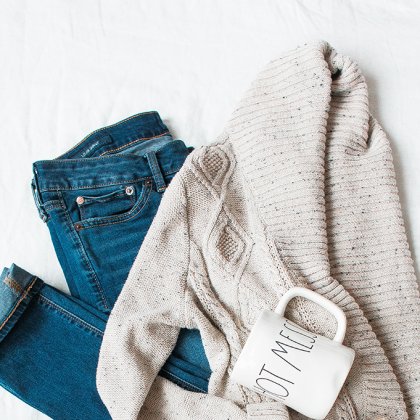

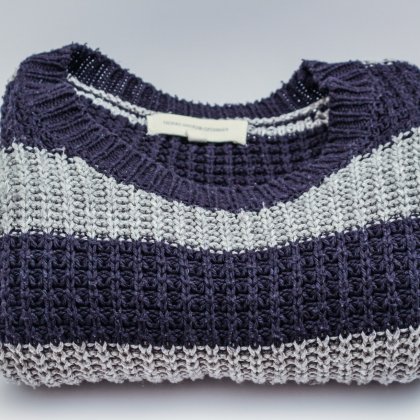

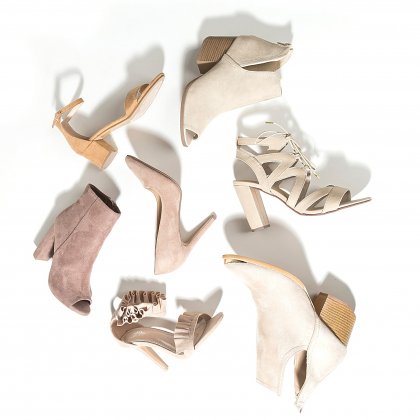






























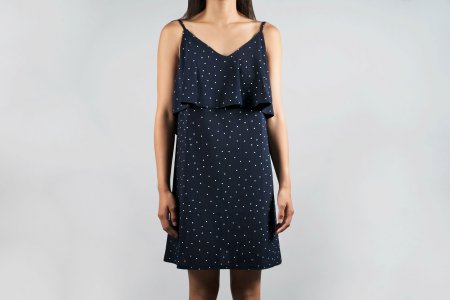






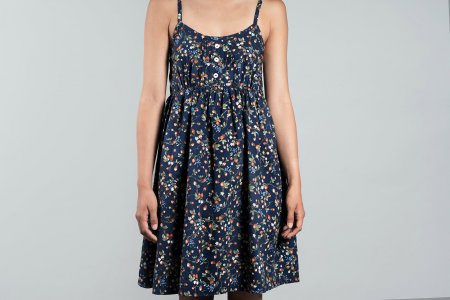

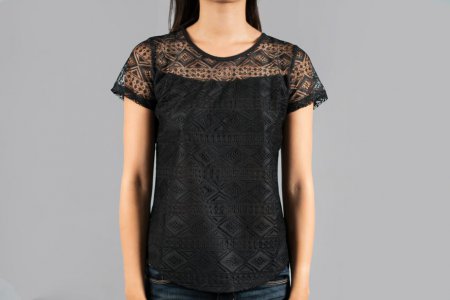




Ingen kommentarer funnet for dette produktet. Vær den første til å kommentere!